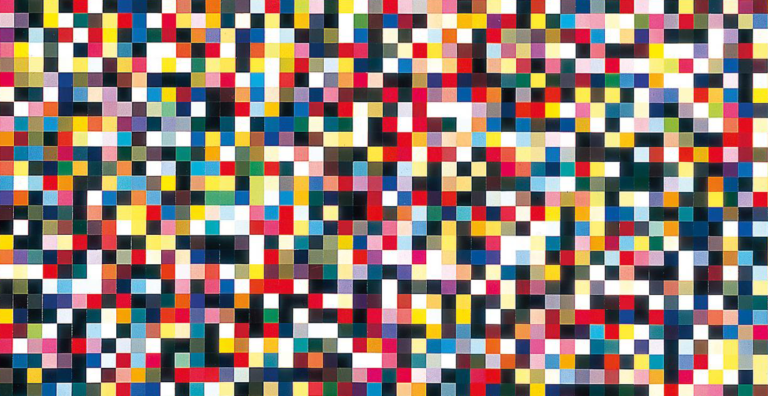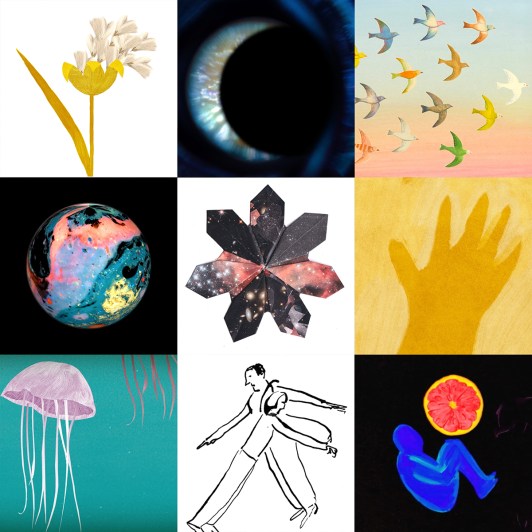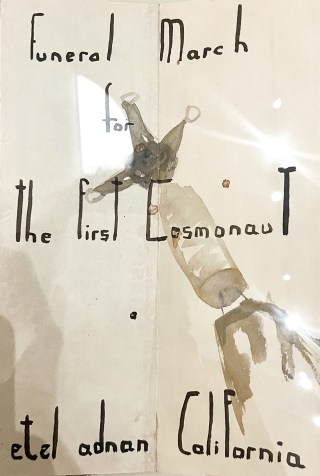[…]
For me, the wild is that condition of interbeing, of presence, that understands how beholden it is to place and everything else in that place. To be “bewildered” is to land back on Earth… to understand that there is no way of talking about us or our stories — where we’d been or where we’re going — without being a part of that interdependent wild community, of putting ourselves into the neighborhood — not as something above it, but just as one of the many, many agents that make place.
But beneath the wetsuit of fear, we remained what we are: passionate primates longing for truth and beauty, forever digging for that “submerged sunrise of wonder.”
Everyone seemed to have forgotten that to live wonder-smitten by reality and the enchanted by the possible is not the stuff of science fiction but the core of our humanity. (Everyone except Jill Tarter and Frank Drake.)
Our best advice to others is often not what we have already proven with our own lives, but what we ourselves most need to hear. Back then, when a young man asked him for his best advice on living, that is precisely what Powers offered:
At first incredulous that such a thing could befall a world, the child paused a moment, then asked Powers whether such a thing could befall Earth.
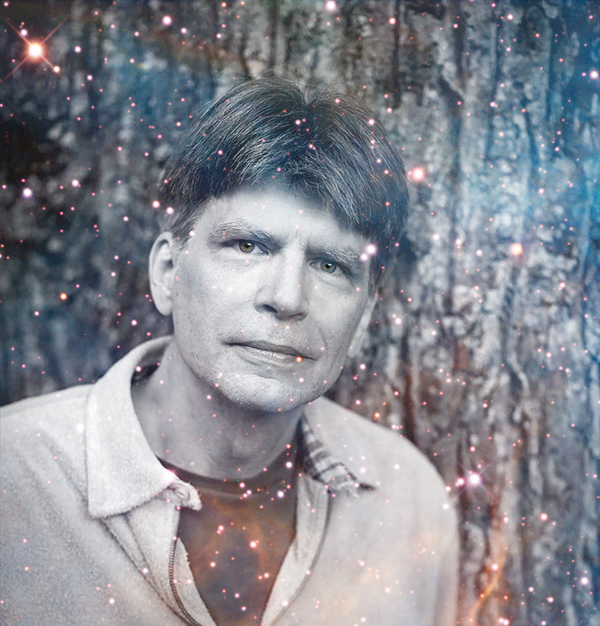
At the time of his most acute exasperation with our species, Powers befriended the nine-year-old son of a colleague — a kid whom we would now call “neurodivergent,” a term far beyond the cultural horizon then. One day, midway through a conversation about the boy’s beloved Star Wars, somehow Mars came up — the planet’s fate, how it may have been home to life once but lost all of its water to become an arid red desert.
It never occurred to me, even when I moved back to the States at the age of fifteen, that I would die before human beings ever set foot again on any new or further place.
Echoing Carson’s prescient 1953 admonition that our only real wealth lies in honoring “the resources of the earth — soil, water, forests, minerals, and wildlife,” he adds:
At the age of seven, at the attic bedroom of my family’s brick house on the north side of Chicago, I read the classic kids’ book he gave me: You Will Go to the Moon. Of all the wild stories I devoured back then — the one about befriending a wild raccoon, or the one about a bracelet falling inside a donut machine and being baked into the product — You Will Go to the Moon seemed by far the most plausible.
Over and over, Powers reckons with the question of why, given how life began in the first place — “One day two billion years ago, instead of one microbe eating the other, one took the other inside its membrane and they went into business together.” — we, supposed pinnacles of life, most privileged beneficiaries of this immense progression of symbiosis, have managed to turn on the rest of life so ungratefully, to grow so childish in mistaking Mother’s body for a resource and our responsibilities for rights. In one of his protagonist’s moments of shamed optimism, Powers produces the great indictment of our species:
They share a lot, astronomy and childhood. Both are voyages across huge distances. Both search for facts beyond their grasp. Both theorize wildly and let possibilities multiply without limits. Both are humbled every few weeks. Both operate out of ignorance. Both are mystified by time. Both are forever starting out.
That’s the ruling story on this planet. We live suspended between love and ego.
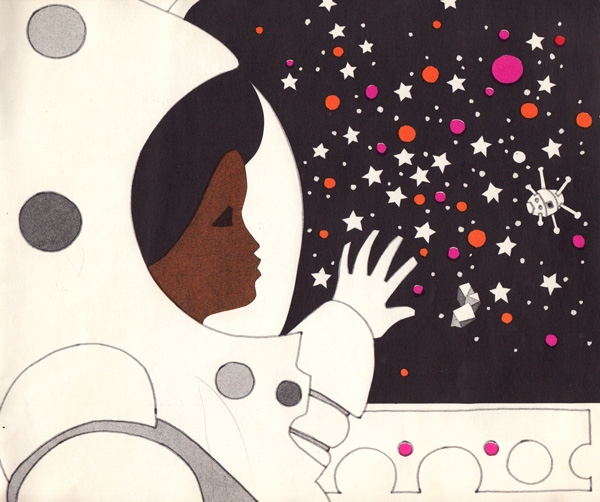
Echoing the largehearted Lewis Thomas and his forgiving assurance that we are “still new to the earth… a juvenile species, a child of a species… only tentatively set in place, error-prone, at risk of fumbling,” the astrobiologist looks at his son — a child filled with anger at his civilizational inheritance, filled with passion for righting it, uncertain where to begin or how much difference it would make — and reflects:
It took decades to calibrate his despair with the elemental fact beneath the flinch:
It took twenty years, an existential breakdown that left him in “a constant state of pointlessness and dread,” a deadly pandemic, and a five-year love affair with the astonishing interconnected universe of old-growth forests until Powers could give the child — and himself, and the child he had once been, and the rest of despairing humanity — the real answer in his exquisite novel Bewilderment (public library).
It was quite a moment — the first time in four and a half billion years the planet had an entirely new type of object in the sky.
As the father searches for other worlds, he is savaged by despair at humanity’s catastrophic mismanagement of this one, haunted by the growing sense that we couldn’t possibly be good interplanetary emissaries until we have become good stewards of our own home planet. But each time he hits rock bottom, he bounces back up — as we all do, as we all must in order to go on living — with rekindled faith in what we are capable of. There are echos of Maya Angelou’s spaceborne poem “A Brave and Startling Truth” in his reflection on what we, despite our sacrificial destructions at the altar of the self, have achieved in our longing for those truths much larger and longer lasting than us:
But Powers himself was out of purchasing power. By the time he realized he was at the midpoint of his expected lifetime, he found himself gnawed by the same suspicion many of us face on our darkest days: that humanity had permanently maimed life on Earth, that “there was something inherently wrong with Homo sapiens, that we suffered from congenital defect — a built-in, incurable sadistic impulse toward domination that doomed us to failure along with 98% of Earth’s other experiments that had already gone extinct.”
But Powers himself was out of purchasing power. By the time he realized he was at the midpoint of his expected lifetime, he found himself gnawed by the same suspicion many of us face on our darkest days: that humanity had permanently maimed life on Earth, that “there was something inherently wrong with Homo sapiens, that we suffered from congenital defect — a built-in, incurable sadistic impulse toward domination that doomed us to failure along with 98% of Earth’s other experiments that had already gone extinct.”
But Powers himself was out of purchasing power. By the time he realized he was at the midpoint of his expected lifetime, he found himself gnawed by the same suspicion many of us face on our darkest days: that humanity had permanently maimed life on Earth, that “there was something inherently wrong with Homo sapiens, that we suffered from congenital defect — a built-in, incurable sadistic impulse toward domination that doomed us to failure along with 98% of Earth’s other experiments that had already gone extinct.”
Fittingly, the novel opens with an epigraph from Carson’s The Sense of Wonder — her most personal piece of public writing, which had begun as an essay titled “Help Your Child to Wonder,” inspired by the beloved grandnephew she adopted and raised after his mother’s death:
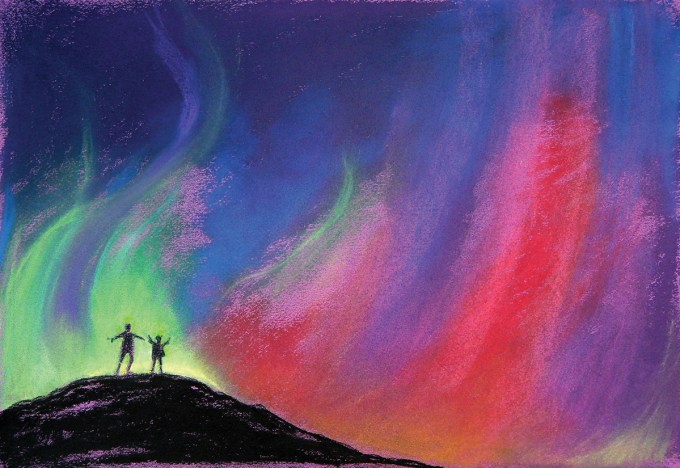
Abashed by this poverty of imagination — as much that of his young self as that of his young species — he writes:
With the abashed tenderness that is the best we can hope to muster for our younger selves — because, as Joan Didion reminds us, “we are well advised to keep on nodding terms with the people we used to be, whether we find them attractive company or not” — he reflects:
And then, just like that, a civilizational bloom of bold speculations followed — not merely about the existence of life, but about the wild and wondrous types of life that could exist in the frozen lakes of faraway moons or in the roiling mantles of drifting planets.
Answering an audience question at his Literary Arts talk, Powers considers what it would take for us to make our tightrope way across the abyss toward the side of love:
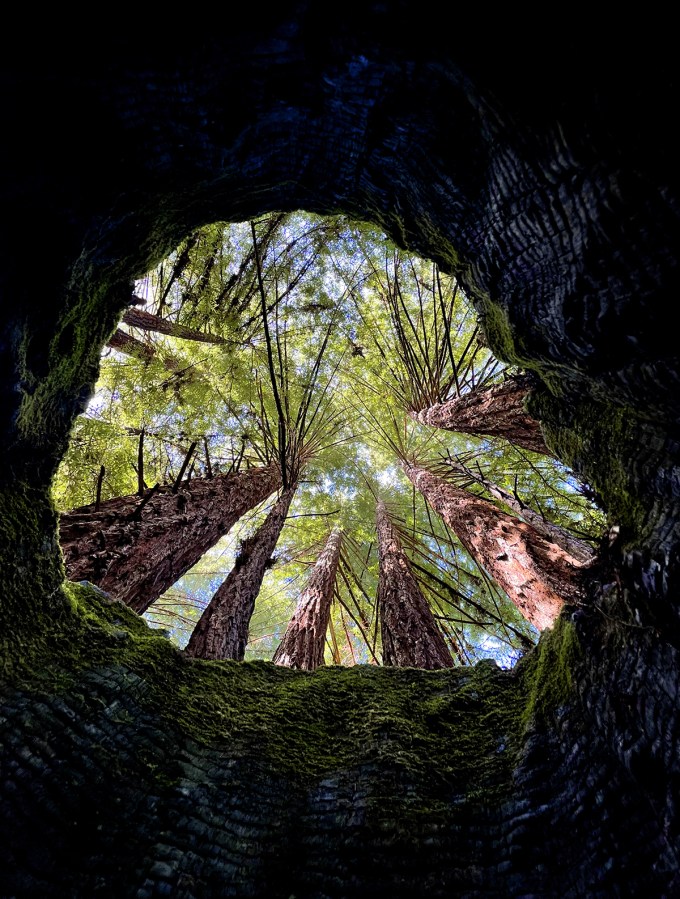
By the time I graduated from high school in 1975, humans had taken dominion over the Earth and subdued every inch of it. Going where no one had gone before was now impossible.
